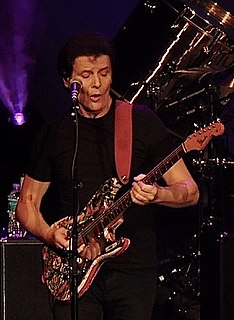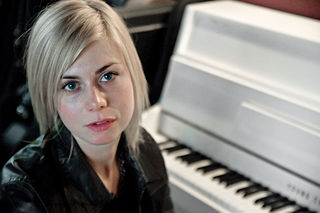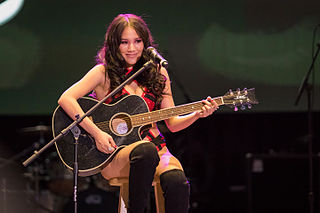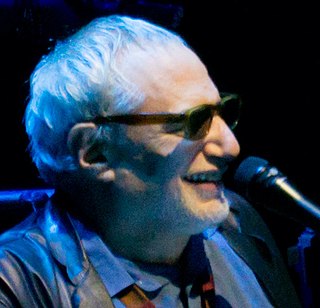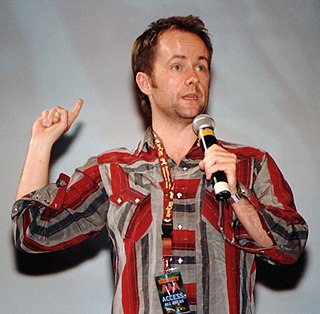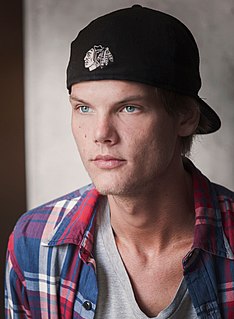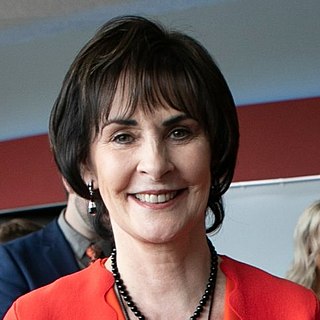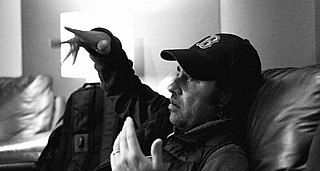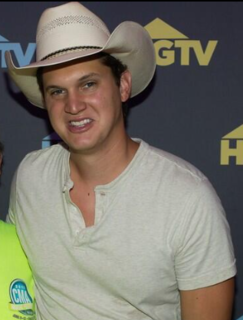A Quote by Trevor Rabin
Related Quotes
Melodies can be good depending on the context. You can have a simple melody, and if the harmony behind it is interesting, it can make a very simple melody really different. You can also have a complex melody. The more complex it is, the harder it is to sing, and then sometimes it can sound contrived. You could write a melody that would be fine on a saxophone but if you give it to a singer, it can sound raunchy.
Introduce your main characters and themes in the first third of your novel. If you are writing a plot-driven genre novel make sure all your major themes/plot elements are introduced in the first third, which you can call the introduction. Develop your themes and characters in your second third, the development. Resolve your themes, mysteries and so on in the final third, the resolution.
I love writing songs with people, which is about really taking risks, throwing yourself over the falls and really seeing what you're made of and seeing how it sticks. Seeing how others react to it, and seeing also how it can become a melody and how it can really take off from your experience. It's a way of seeing life unfold on the page before me.
I wasn't into Tolkien at school really. But the story is timeless, the themes that it touches on are contained in cultures all around the world. The innocent on a quest, the pretender, an inanimate object that holds evil - it's really strange that these themes are there in so many different countries' folklore.
